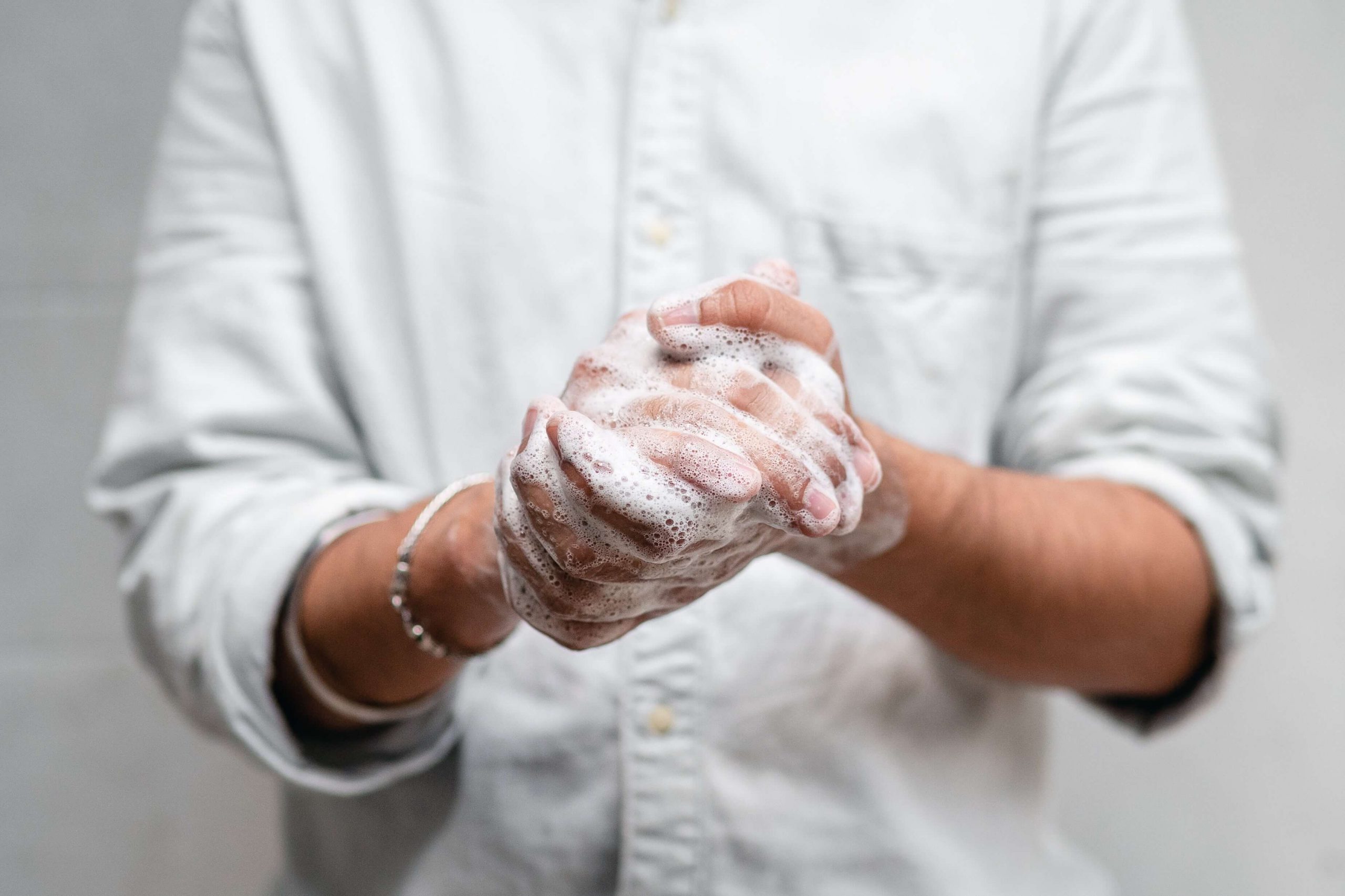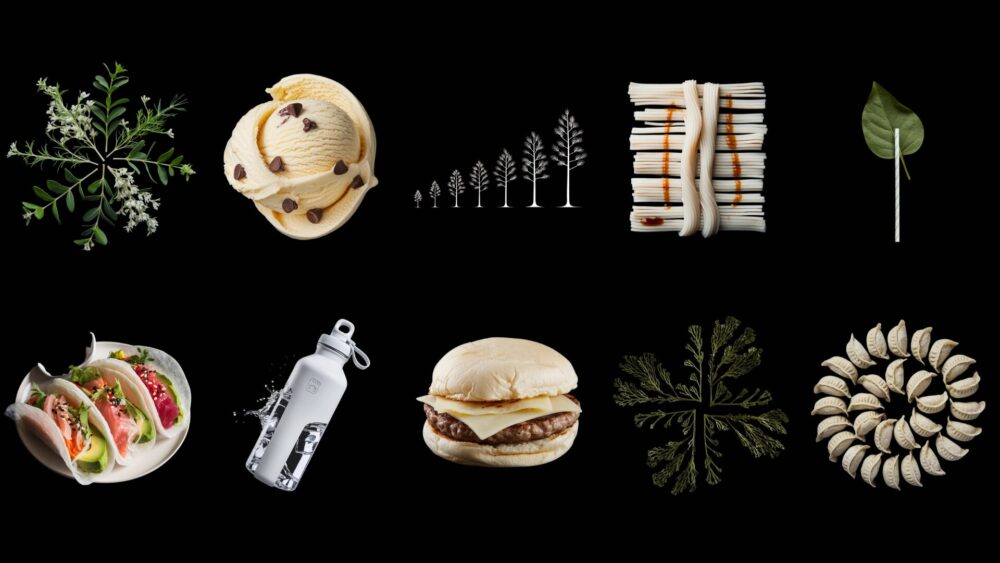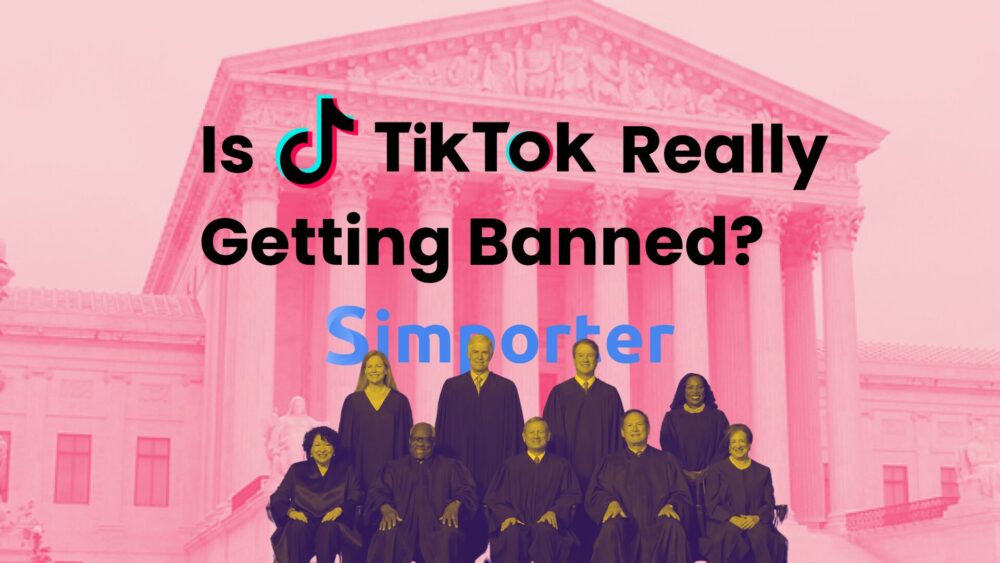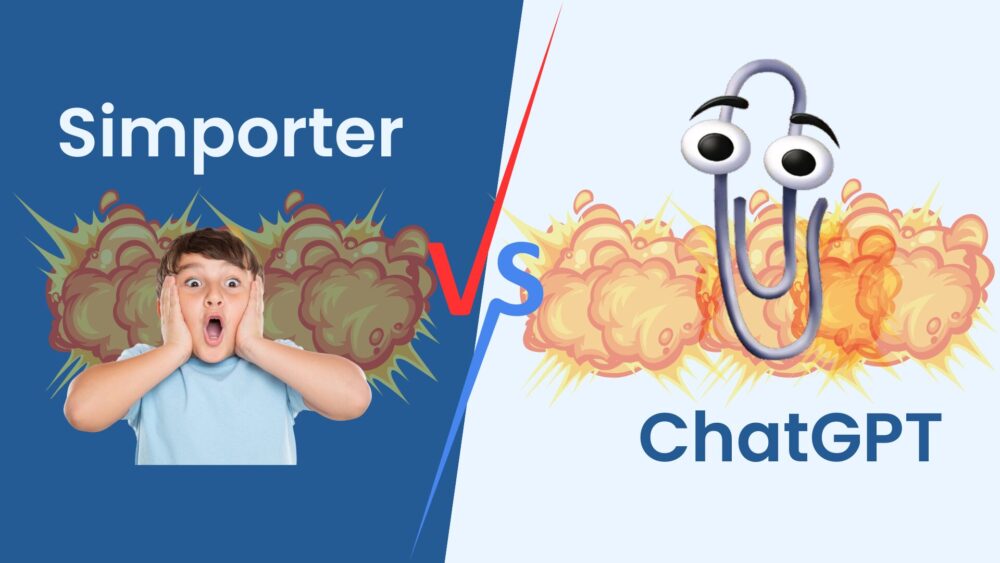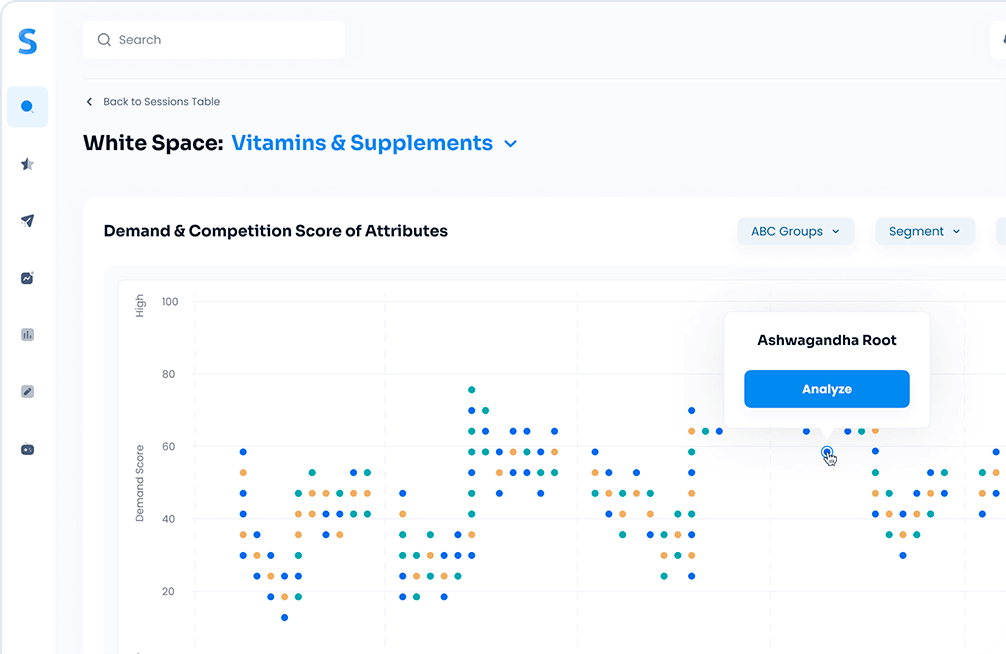Even before Covid-19, hand sanitizer and liquid soap demand was trending upwards. The onset of Covid-19 saw people queuing outside shops and pharmacies to stock up on these products. Panic buying ensued with some retailers putting a cap on the number of products people could buy.
Online retailers have played a major role in sales growth for sanitizers and liquid soaps. They have recently started aggressively marketed the personal care and health related product ranges to this end.
Our research on hand soap trends
As Covid-19 spread across the world, so shopping trends changed across many product ranges. Our research looked at three trends over the period. These include:
- Safety trends
- Clean hand trends
- Moisturizer trends.
As expected, sales of liquid soap and sanitizer rose, as did moisturizer. Perhaps unexpectedly, more recently, soap and sanitizer sales have returned to pre-pandemic levels.
Safety trends
As governments entreated citizens to wash and sanitize often, so the trends in soap sales increased. An exploration of search trends shows that in the beauty category, the query “how to wash hands” rises steeply from the period 16 February to the 29 March showing that citizens were paying heed to the health messaging.
The trend drops back to pre-pandemic levels in April.
Demand trends
Liquid soap
Between February 2020 and March, the same year, sales of liquid soap and automatic dispensers increased by a whopping 228% as employers and families sought to reduce contact with surfaces. At the same time the sales of solid soap remained static.
And the increase didn’t come off a low base. In 2019 demand for liquid soap in the US exceeded $2.3 billion according to the Global Market Insight report. Despite being relatively expensive when compared to the bar soaps, the demand for liquid soap is likely to continue to trend upward as people become more health conscious. The market estimate for liquid soap is expected to exceed $4.6 billion by 2026.
Dispensers
In 2019 global soap dispenser sales was valued at $1.22 billion. As businesses reopened following lockdown in various countries, they increased the availability of soap dispensers in restrooms and kitchens. Quarter one of 2020 saw a steep rise in the demand for a variety of liquid soap dispensers, including refilling soap dispensers, sanitizer dispensers and automatic soap and sanitizer dispensers.
After the initial spike sales reverted to pre-pandemic levels. The growth in the demand for soap dispensers is, however, expected to continue over the foreseeable future. Manufacturers will harness the demand with innovative smart technology, touchless and measured dispensing and matched designer soap dispensers and faucets.
The clean hands trend
Hand sanitizers first hit the consumer market just over 20 years ago. Initially demand was slow. It was only in 2002 that the Center for Disease Control changed its hand washing guidelines to include alcohol-based hand sanitizer as an alternative to soap and water. In 2009 the World Health Organization followed.
Demand for the product really took off as Covid-19 took hold. Between February and March 2020, it increased by a whopping 178%. Following this, sales dropped steeply, only to increase again by 188% between April and May of the same year. By quarter 4 of 2020, the sale of sanitizers returned to pre-lockdown levels.
The sale of hand and anti-bacterial wipes also increased significantly between February and May and then slowly normalized towards the end of the year.
In 2021, the hand sanitizer market is estimated at $68.3 million. The Global Market Insights Report predicts that the market will increase to a staggering $3.6 billion by 2026. It is expected that alcohol-free sanitizers will experience substantial growth in future as people demand products that don’t dry the skin. Consumers have also become more aware of the health dangers of alcohol in sanitizers.
Innovative companies are looking for ways to add interest to the product. This includes the development of eco-friendly sanitizers with recyclable packaging. A plethora of small bottles that can fit into handbags and pockets have also hit the market.
Gel sanitizers are the leading hand sanitizer products on the market. They are readily available and many manufacturers have added a variety of fragrances to drive interest from different target markets.
The moisturizer trends
The sale of moisturizers is highly seasonal. It is interesting to note that though the demand grew over the period under review, seasonal trends remained. The growth overall demand is likely to continue due to the drying effects of sanitizer on the skin.
Disinfectors such as Benzalkonium chloride and 70% Ethyl Alcohol, in moisturizers continued to trend as active ingredients in the soap category.
Ranking of mentions` trends
| Ranking of mentions’ trends | |
| shea butter | 1 |
| benzalkonium chloride | 2 |
| moisturizing hyaluronic acids | 3 |
| cocamidopropyl betaine | 3 |
| himalayan pink salt | 3 |
| sodium lauryl | 6 |
| 70% ethyl alcohol | 7 |
| shea butterbar soap | 8 |
| cocoa butter | 8 |
| sandalwood woodgrain | 10 |
| coconut milk | 11 |
| milk protein | 12 |
| sodium benzoate | 13 |
| Moroccan oil body soap | 14 |
Key conclusions on our hand soap trends study
- Demand for product related to the requirement for hand cleanliness during the pandemic has declined to pre-pandemic levels
- Contactless dispensers did not migrate into the convenience category
- The moisturizing trend has not declined and continues its seasonal trends
- The most sought-after ingredients are natural and traditional. These include shear butter, hyaluronic acid, and Himalayan pink salt.
